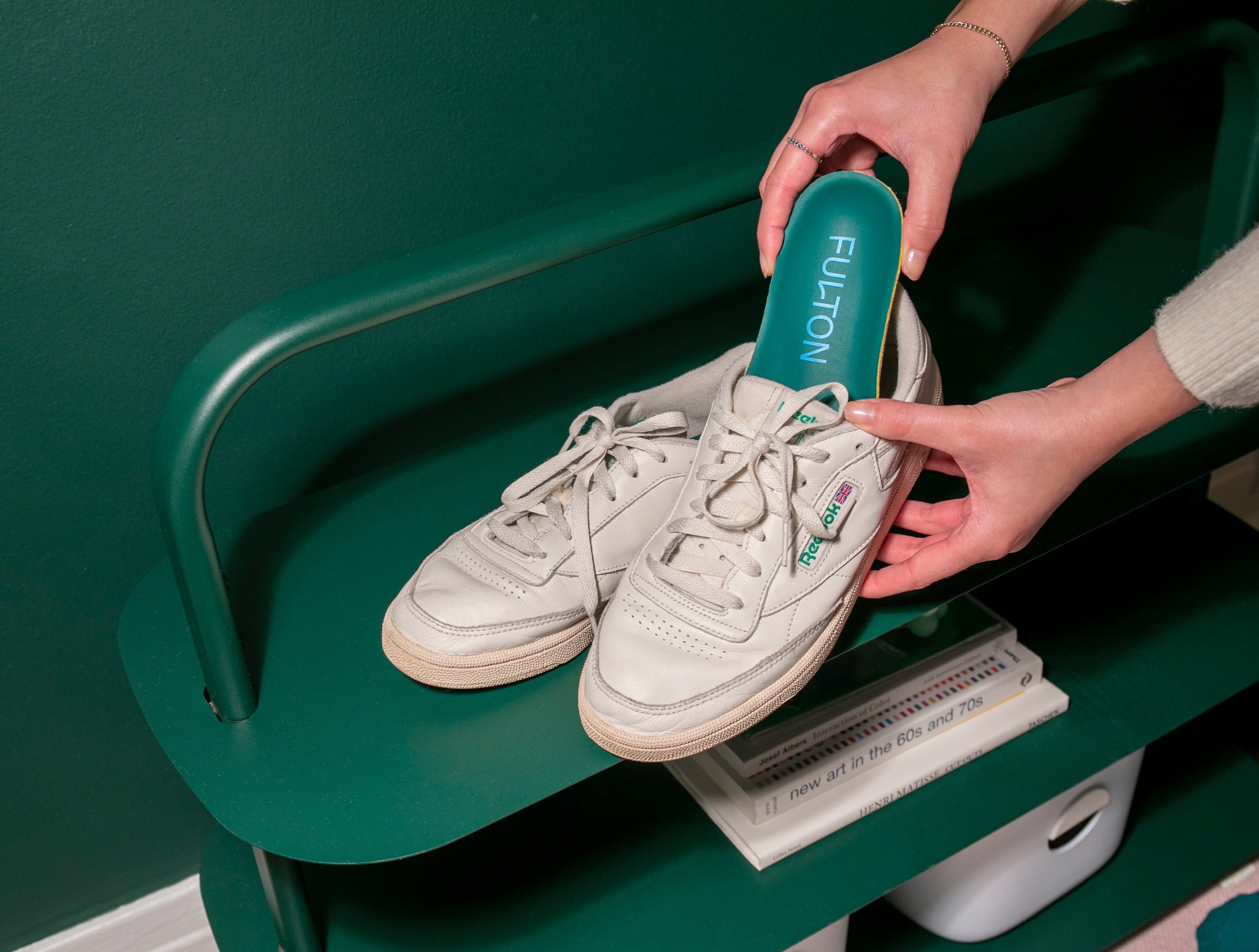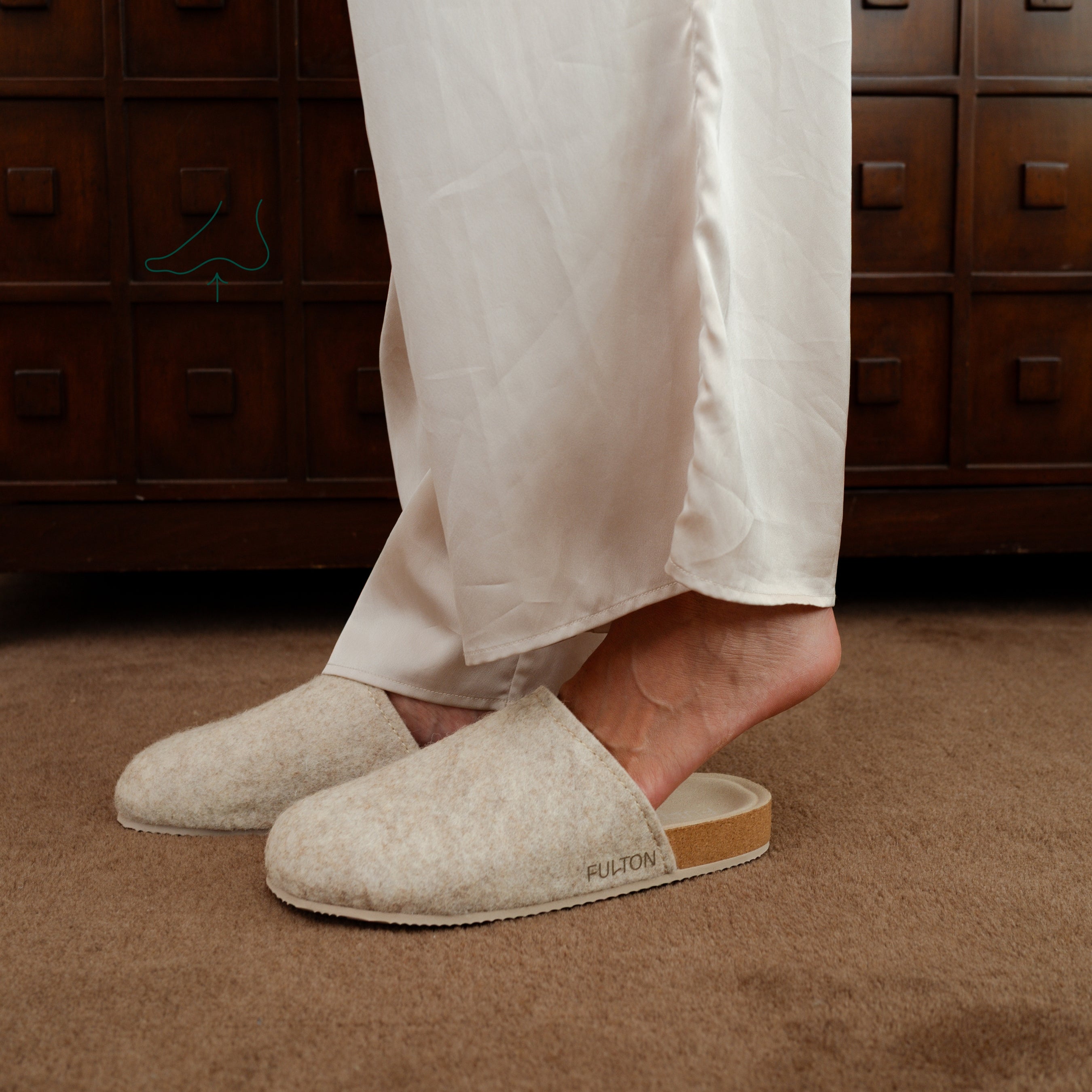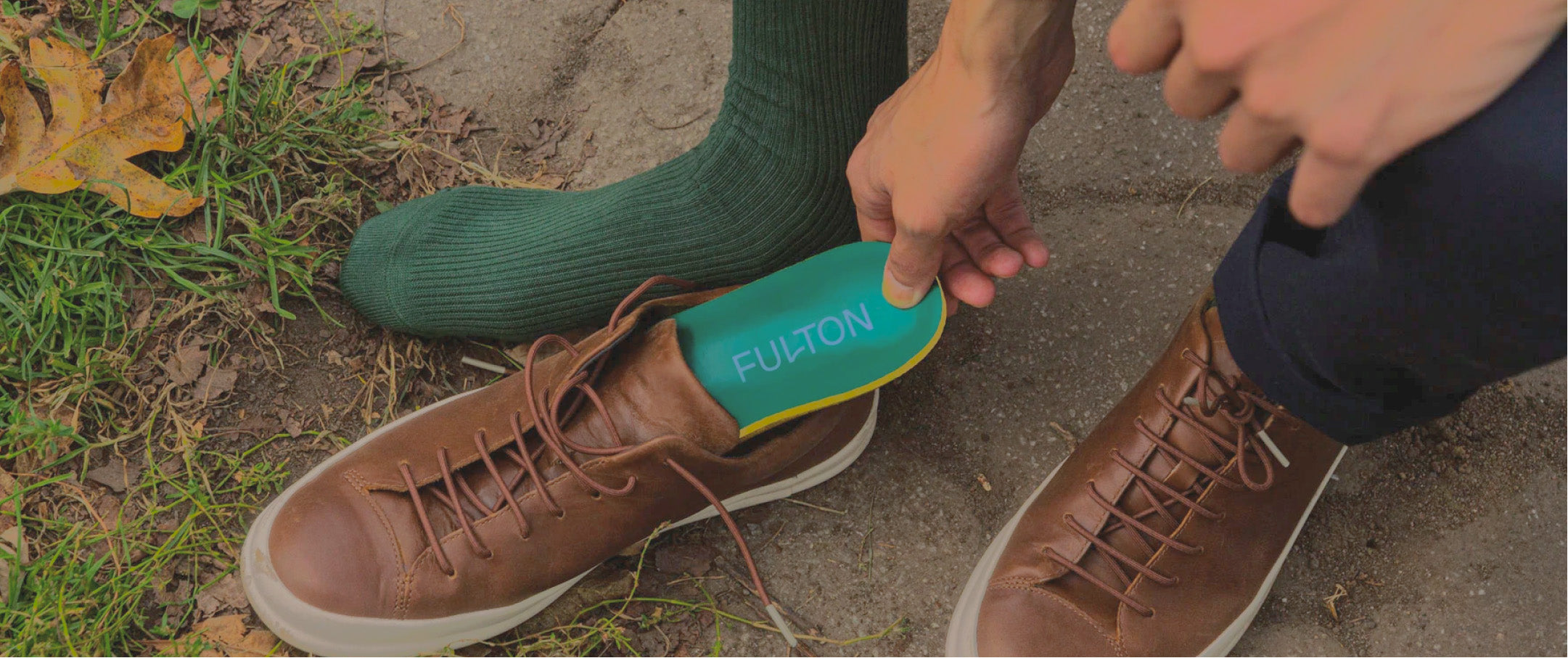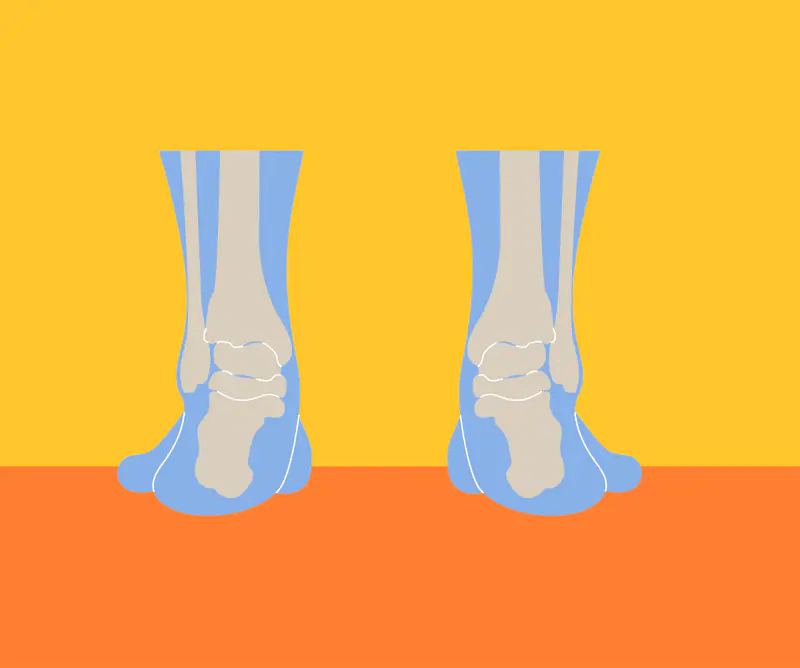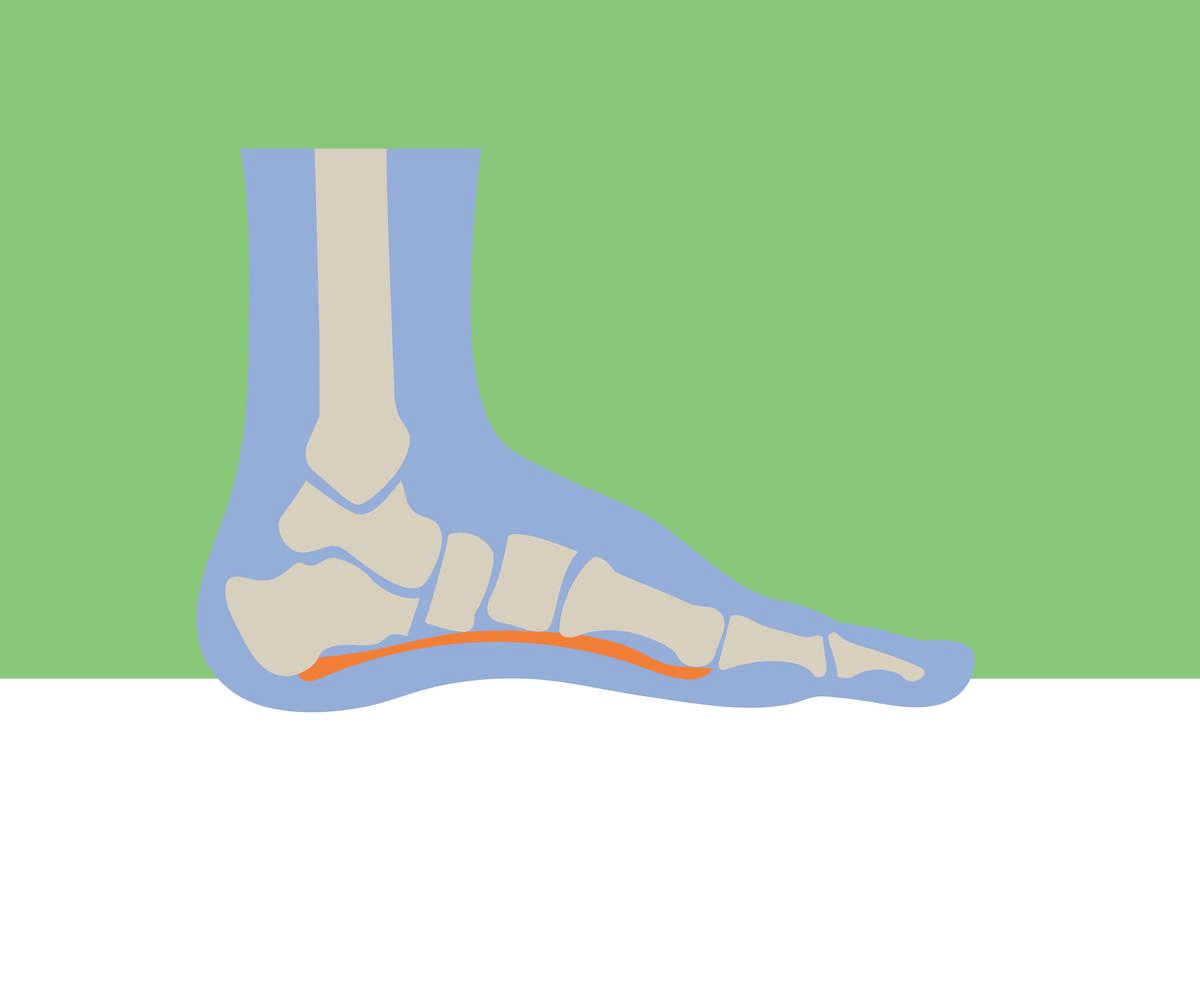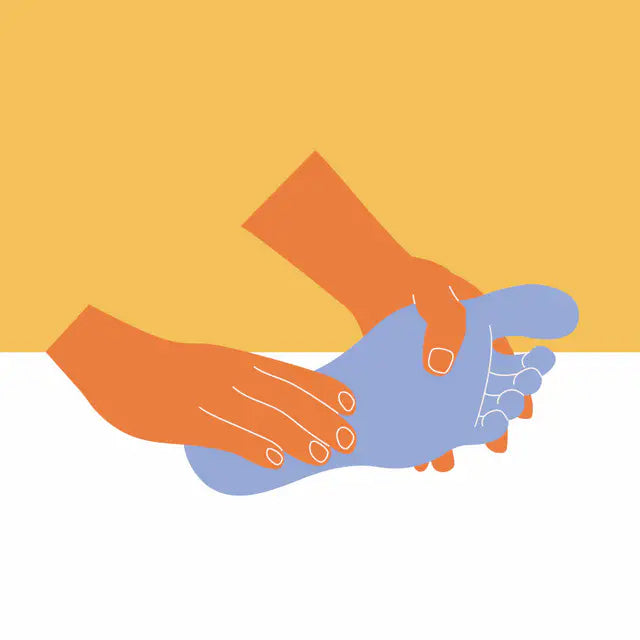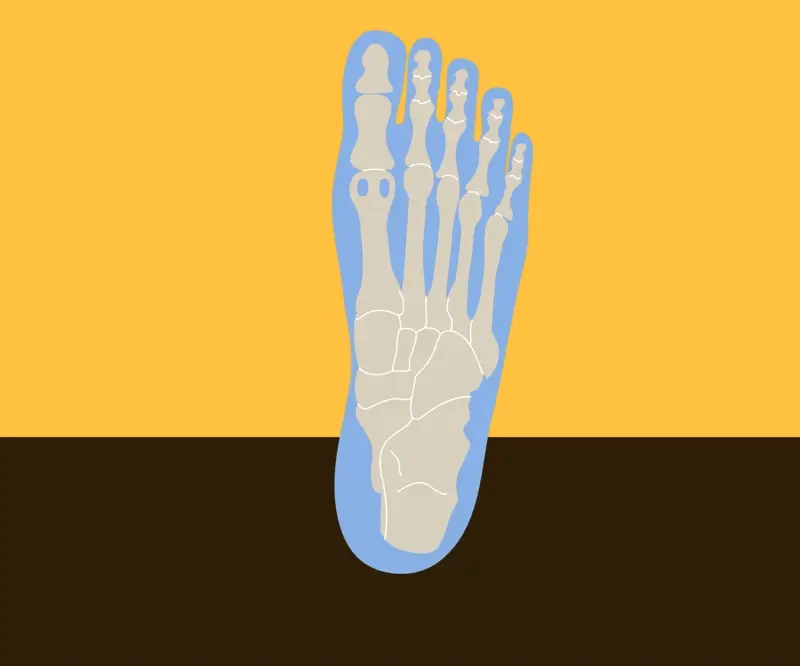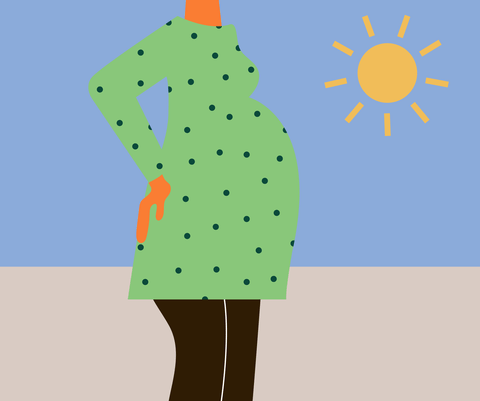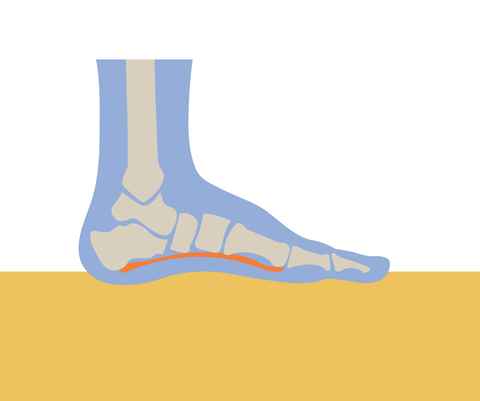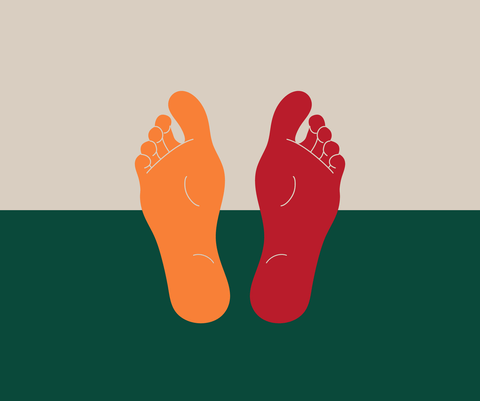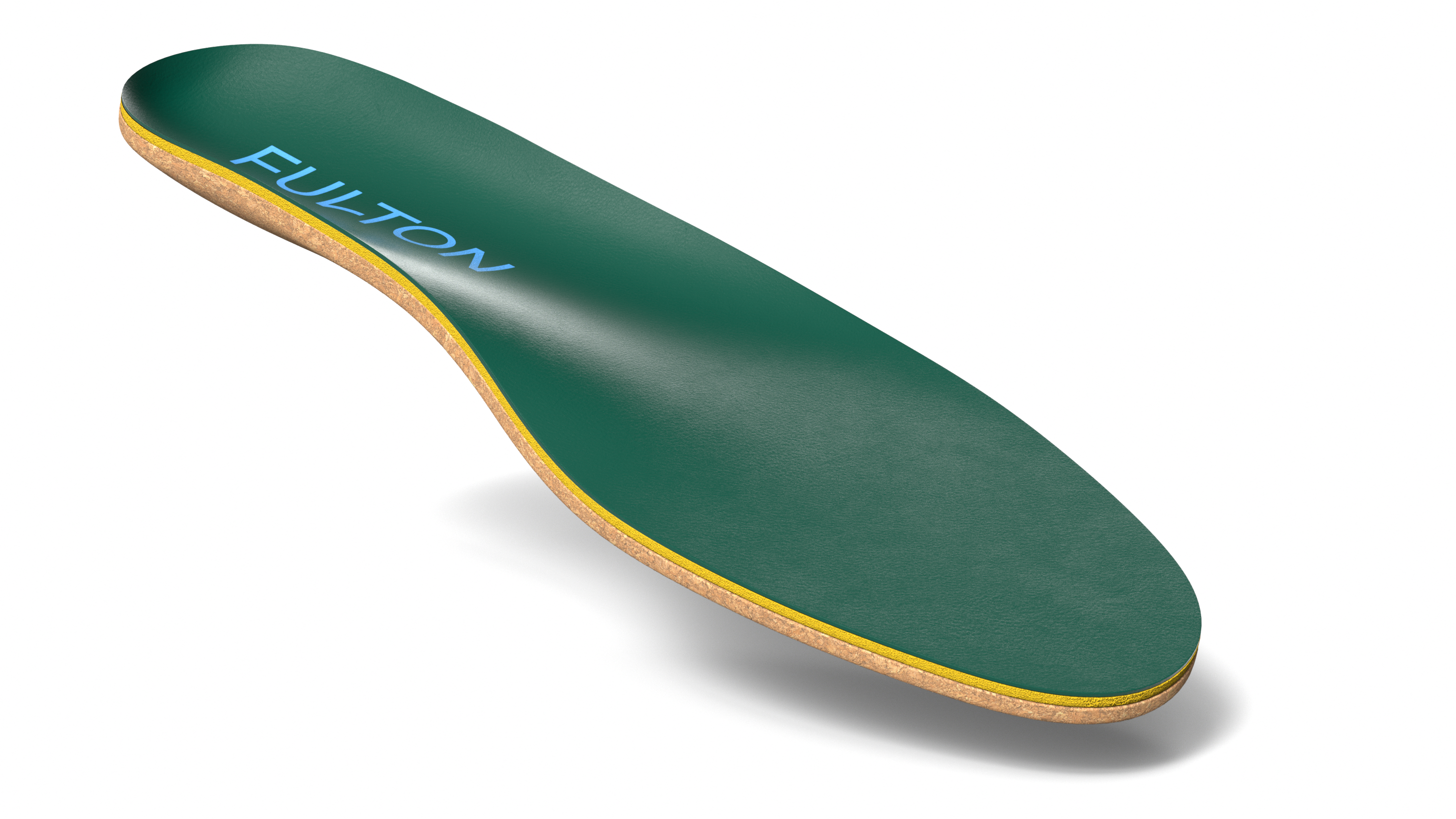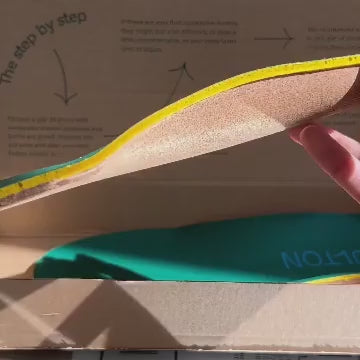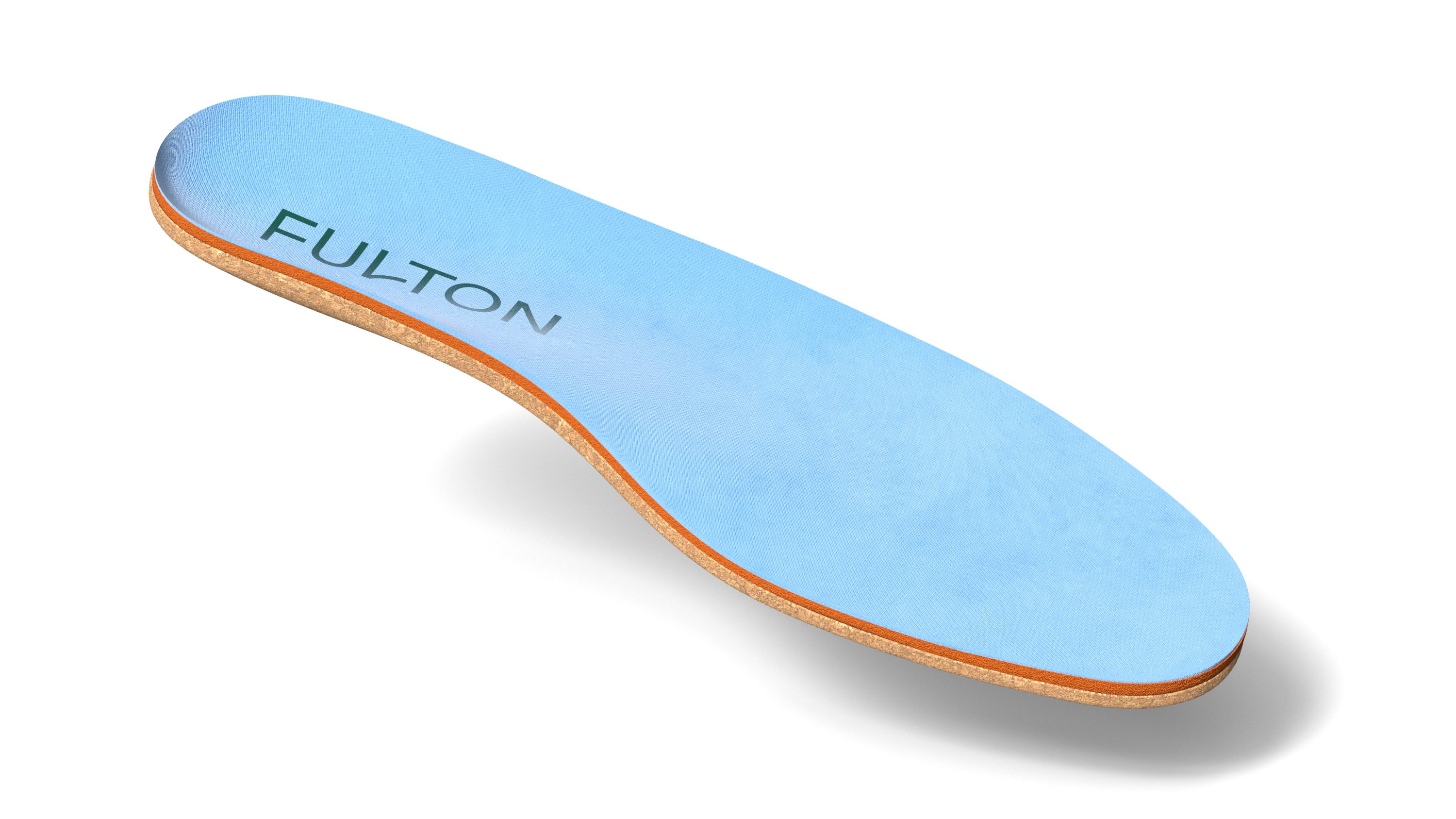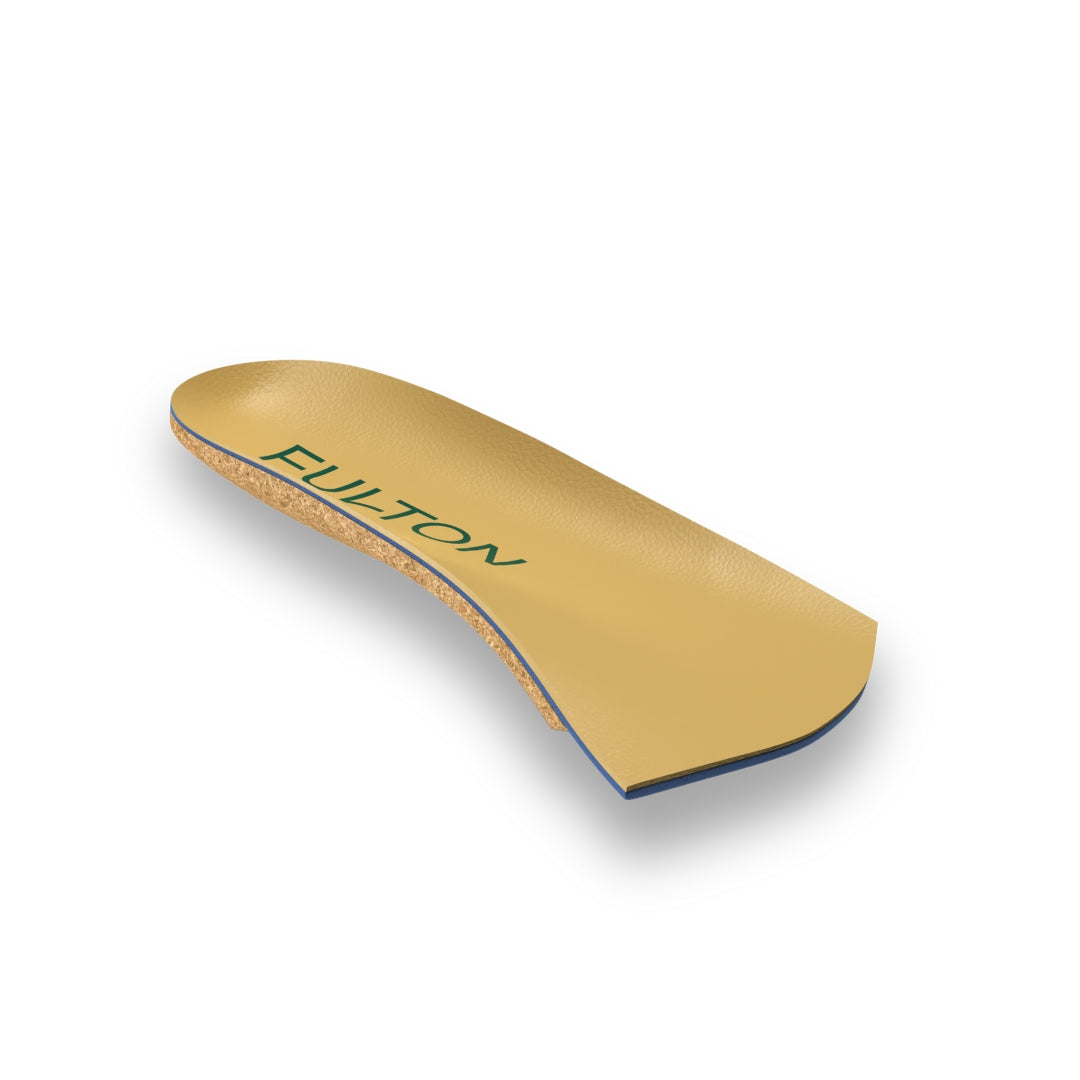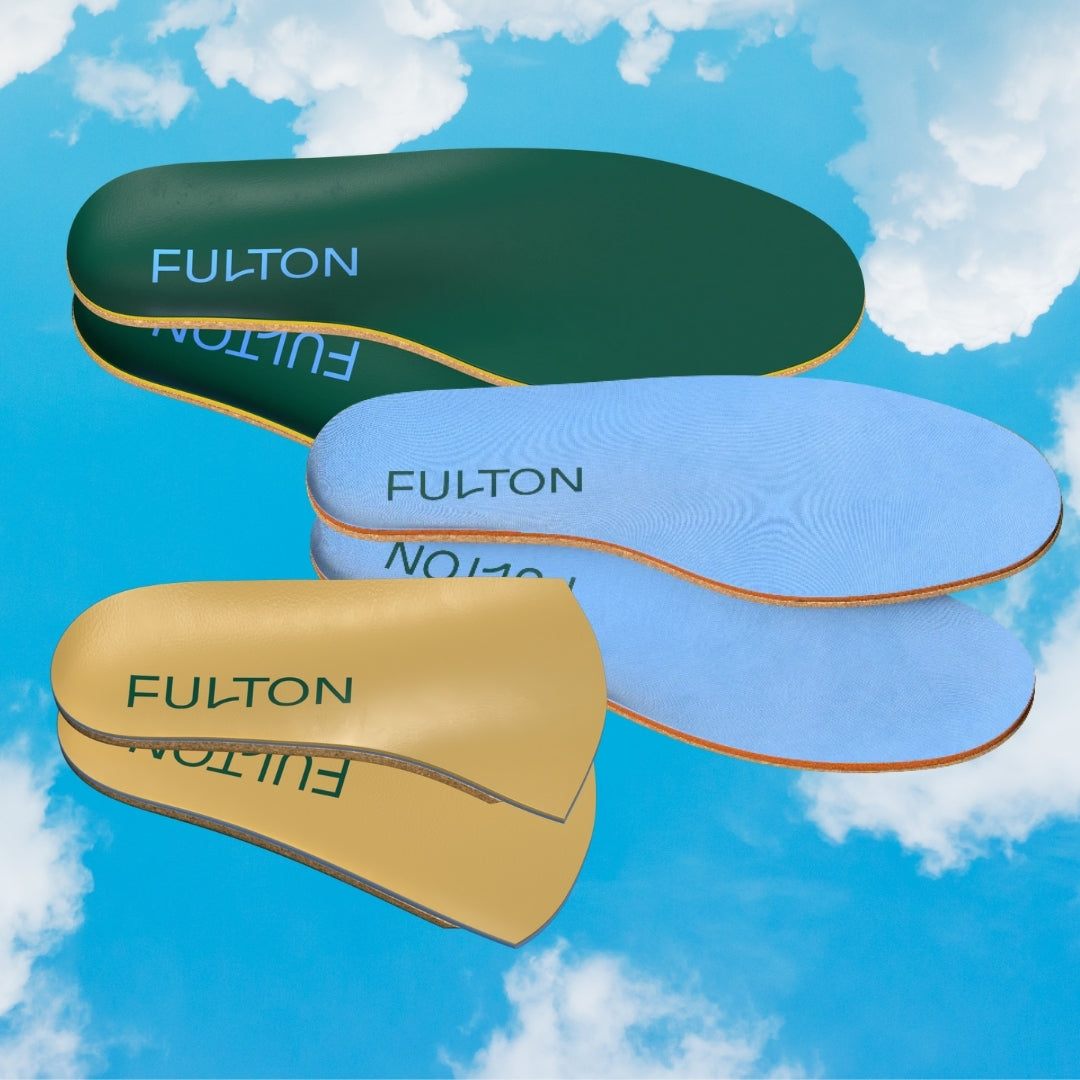Causes of Back Pain in Pregnancy
As pregnancy progresses, pregnancy hormones and uterine growth are largely responsible for growing discomfort. Back pain in early pregnancy starts as those hormones cause muscles and ligaments to relax in preparation for childbirth. The abdominal muscles, in particular, begin to relax and stretch to make room for the uterus. Usually, the abs and lower back work together to stabilize your body. But pregnancy alters your center of balance. In fact, your center of balance can change from week to week, affecting your gait and posture.
(Side Note: Don’t be alarmed if your back is a little achy long before you’re showing. Back pain in early pregnancy isn’t uncommon even though the uterus hasn’t drastically changed in size yet.)
The combination of loose abdominal muscles and a roving center of balance puts your back muscles under increasing stress. Pregnant women also have to compensate for their belly by carrying things to the side or getting in unique positions to put their shoes on. Any type of compensation can alter your posture and cause lower back pain.
Posture During Pregnancy
Posture, the position you hold yourself in while sitting and standing, can help your back during pregnancy. Your posture can change without you even realizing it. However, it’s important to think about how you’re moving and holding your body to get back pain relief.
Proper posture starts at the top of the head and extends all the way to the feet as part of the kinetic chain. Picture yourself as a marionette with a string running from the top of your crown through your spine to the ground. This image can help you keep your shoulders and hips aligned with one another (so one side isn’t higher than the other) and square. Tilt your pelvis forward by tucking your tailbone to prevent bowing in the lower back.
How to Relieve Back Pain in Pregnancy (with Your Feet)
When you’re standing with proper posture, your feet act as a foundation for a healthy spinal position. However, the effects of pregnancy hormones extend to the feet, causing them to relax and spread just when you need more support for a growing body. Furthermore, with the additional weight, it is common for women's arches to collapse during pregnancy, which can have long last implications on your alignment and kinetic chain. Supportive shoes and arch support insoles can keep your feet (and back) in working order.
Everyone’s feet are different. Do you have flat feet? High arches? Or do you overpronate (ankles roll inward)? Finding a shoe that’s perfect for your unique foot quirks isn’t easy, especially when your feet are in the process of changing.
That’s where Fulton insoles come in. These natural cork insoles use body heat to contour to the shape of each foot, providing a customized fit, added cushioning, and increased support. The cork fills and adapts to the arch to give it support and stability while absorbing the shock of each footstep, helping to alleviate back pain during pregnancy.
Extra tips to prevent and ease back pain during pregnancy
In addition to ensuring your shoes are supportive, there are a few habits and practices you can take to prevent and easy back pain in pregnancy:
- Bend your knees and ensure your back remains straight when lifting something up from the floor
- Avoid lifting heavy objects
- Keep you back straight and well supported when sitting - seek out maternity support pillows
- Get extra rest, especially towards the end of your pregnancy
- Take warm baths and get massages
- Make sure that your mattress supports you properly
Happy Feet Support the Back
When you’re expecting, every step contributes to how your body feels. Your back needs all the help it can get to stay aligned and supported throughout your pregnancy. A conscious focus on proper posture with supportive shoes (and insoles) can relieve lower back pain during pregnancy and help you through a special time in your life.
Learn more about Fulton insoles here.


